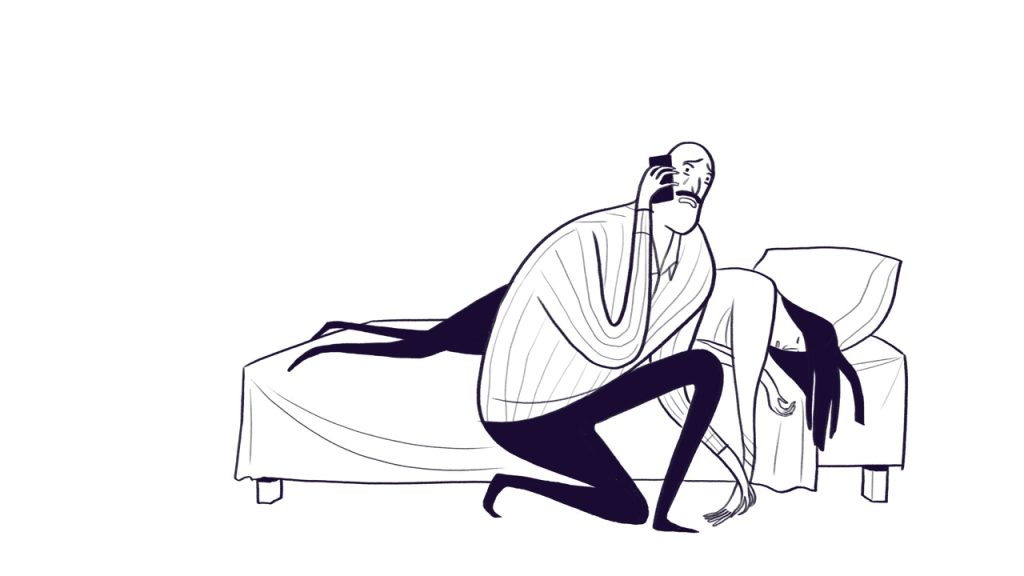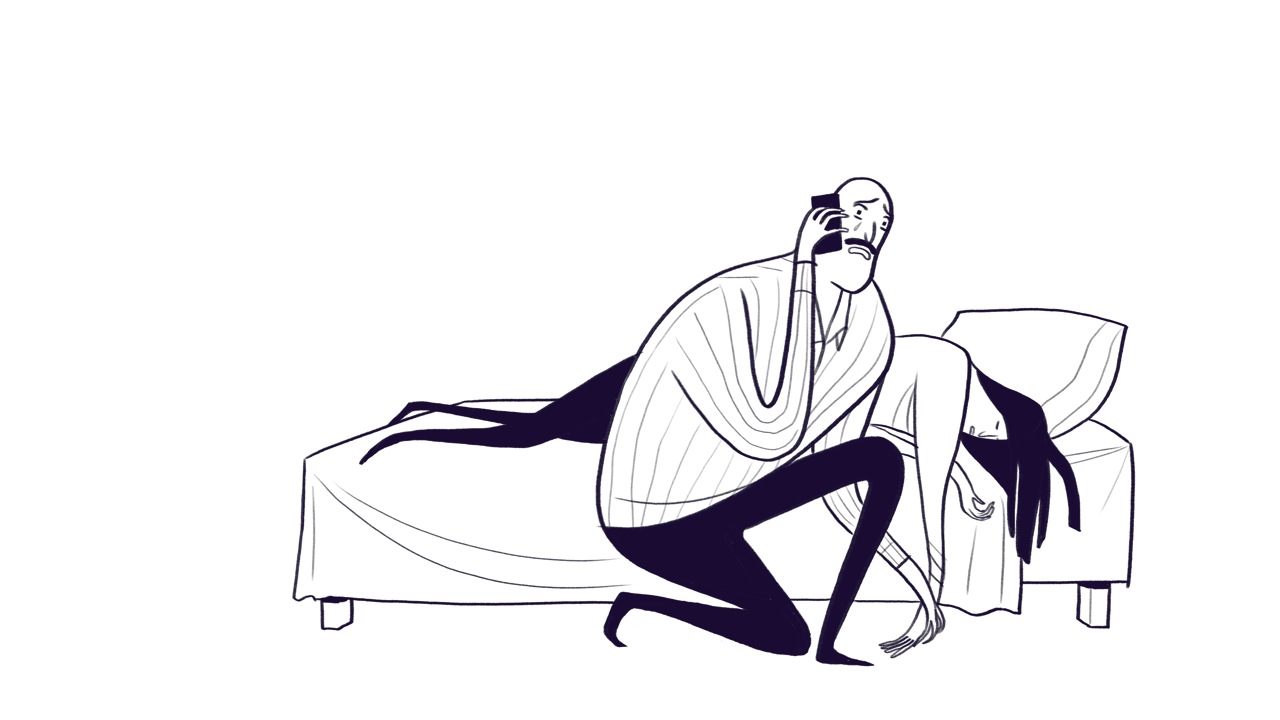PTSD: Does Post-Recovery = Post-Traumatic?

Illustration © Eleanor Davis
PTSD and Addiction: Have You Experienced High Levels of Stress?
A parent wrote me recently that it felt like he had PTSD (Post-Traumatic Stress Disorder) from living through his son’s active addiction and relapses.
The Mayo Clinic lists a number of events that can cause PTSD in certain people. Being a family member of someone with an alcohol or drug problem isn’t one of them, though an “extreme life event” is. The events family members live through when someone they love is addicted can be terrifying. So yes, fear and disruptions in your life can be severely detrimental to your health.
Let’s look at some of the signs of PTSD:
Negative changes in thinking and mood*
- Negative feelings about yourself or other people
- Inability to experience positive emotions
- Feeling emotionally numb
- Lack of interest in activities you once enjoyed
- Hopelessness about the future
- Memory problems, including not remembering important aspects of the traumatic event(s)
- Difficulty maintaining close relationships
Changes in emotional reactions (also called arousal symptoms):
- Irritability, angry outbursts or aggressive behavior
- Always being on guard for danger
- Overwhelming guilt or shame
- Self-destructive behavior, such as drinking too much or driving too fast
- Trouble concentrating
- Trouble sleeping
- Being easily startled or frightened
*reprinted from mayoclinic.org
Do some of these symptoms describe you?
It’s important to get help for yourself if your thinking or feelings have become dangerously tangled up with the stress around a loved one’s addiction problems. Talking to someone can also improve the situation.
There are several good resources online for finding a therapist in your area. Psychology Today’s directory for therapists is a good place to start.
I know that the situation with your loved one might feel urgent and dire. And yet, until you find a semblance of peace and wellbeing, you simply won’t be effective in helping them.
As the authors of Beyond Addiction** remind us,
“It’s not either/or. You don’t have to choose between your self-preservation and his. When you help yourself, you help your loved one.”
What is Holding You Back?
Are there barriers keeping you from getting help? You can start by making a list of what’s standing in the way of your seeking professional support. As you reread your list, imagine your dear friend wrote it. Consider it with the deep compassion you reserve for your closest friends. Think about what small steps you could take to begin addressing your own recovery.
Join today to take full advantage of Allies in Recovery’s program, including 8 video modules, three blogs, and dialogue with experts in the field of treatment and recovery.
** Beyond Addiction – A Guide for Families: How Science and Kindness Help People Change; Jeffrey Foote, Ph.D, Carrie Wilkens, Ph.D, Nicole Kosanke, Ph.D.

